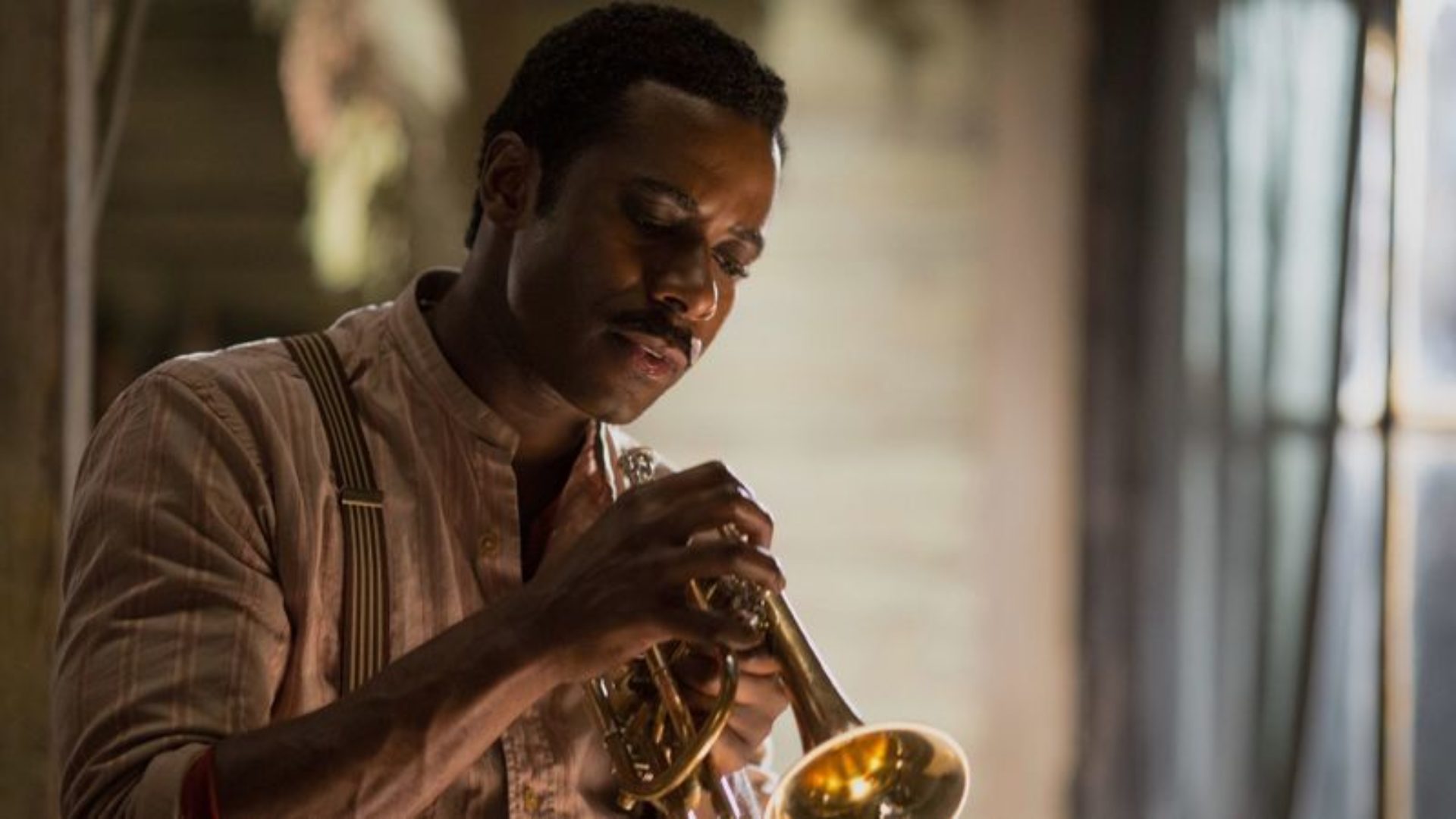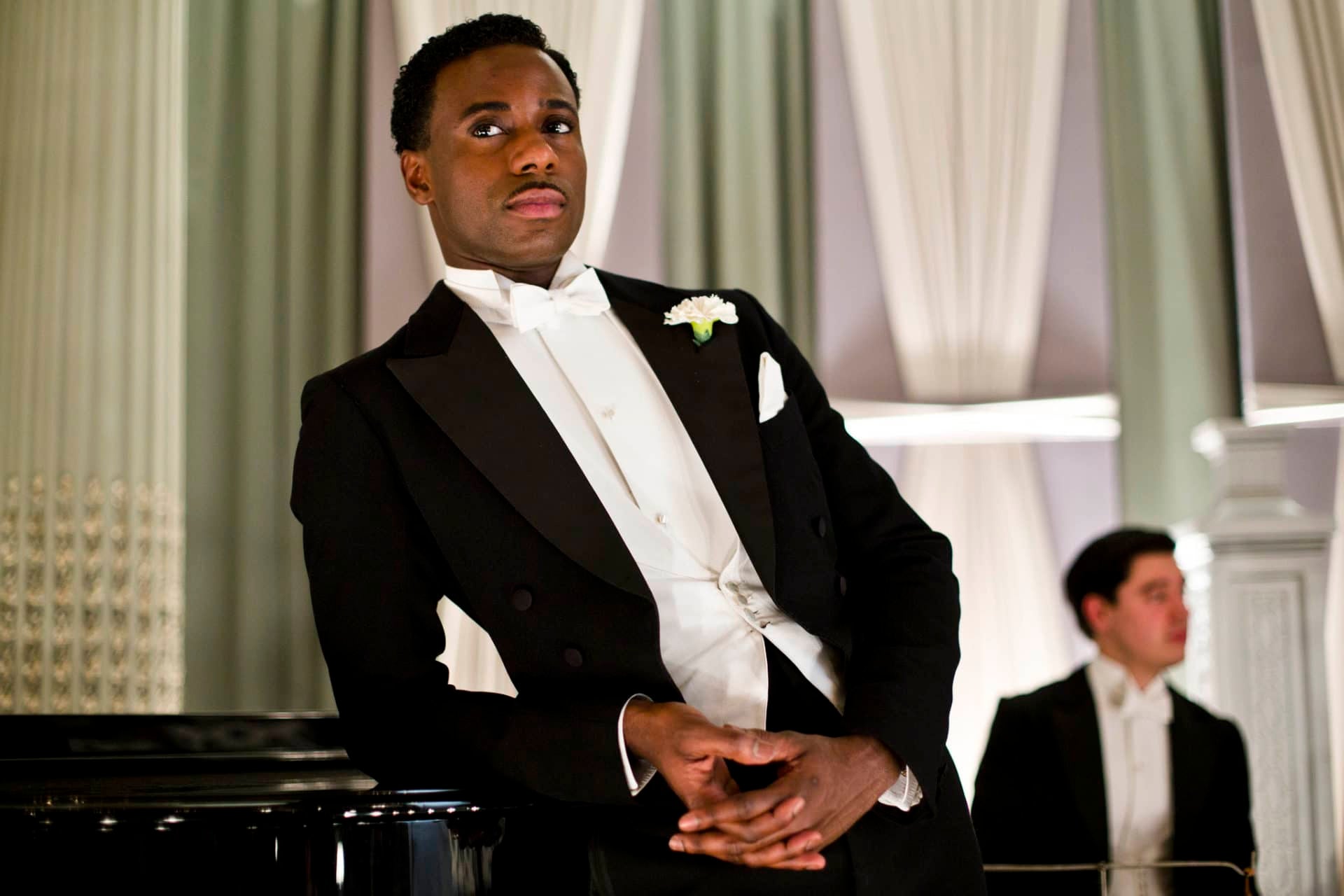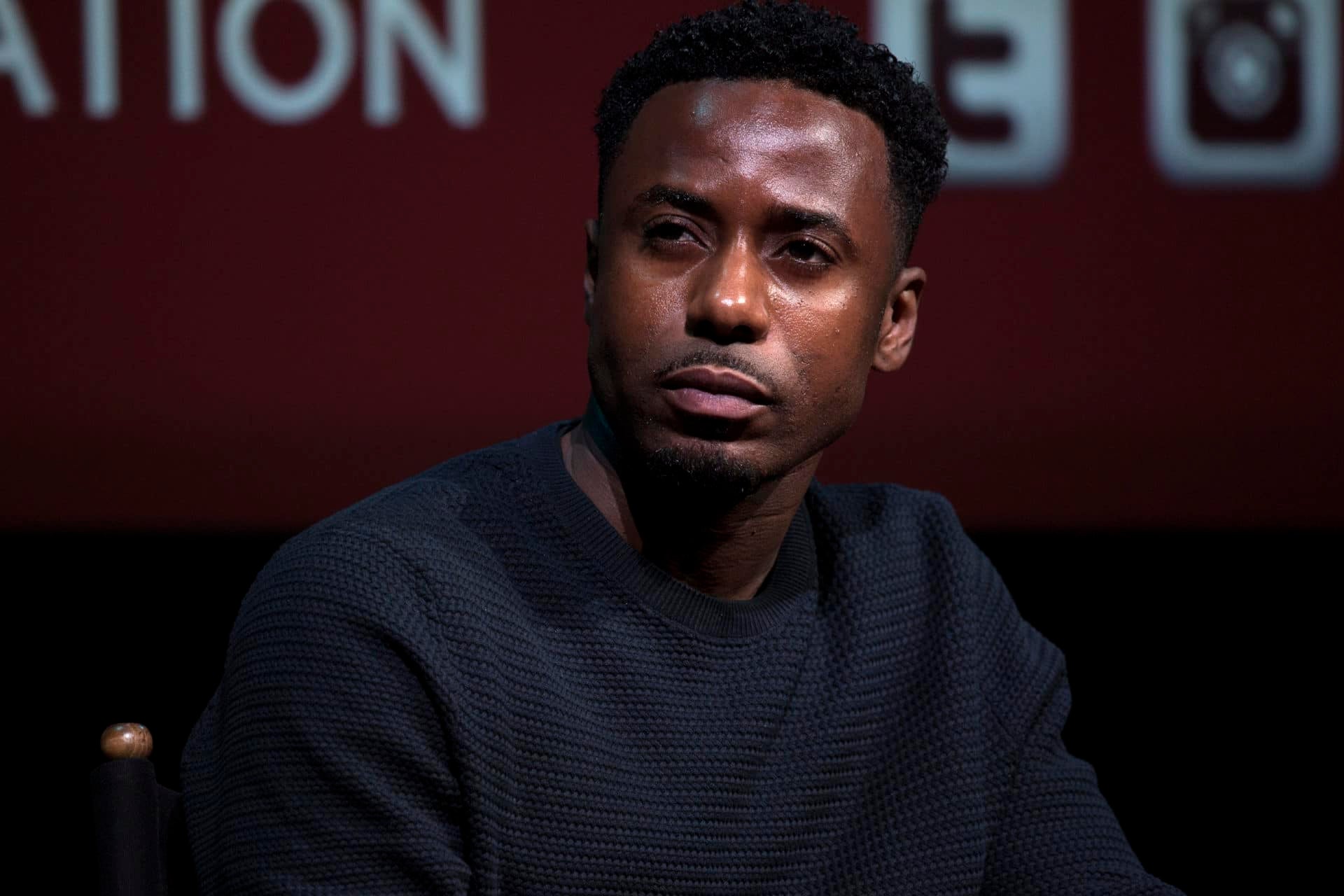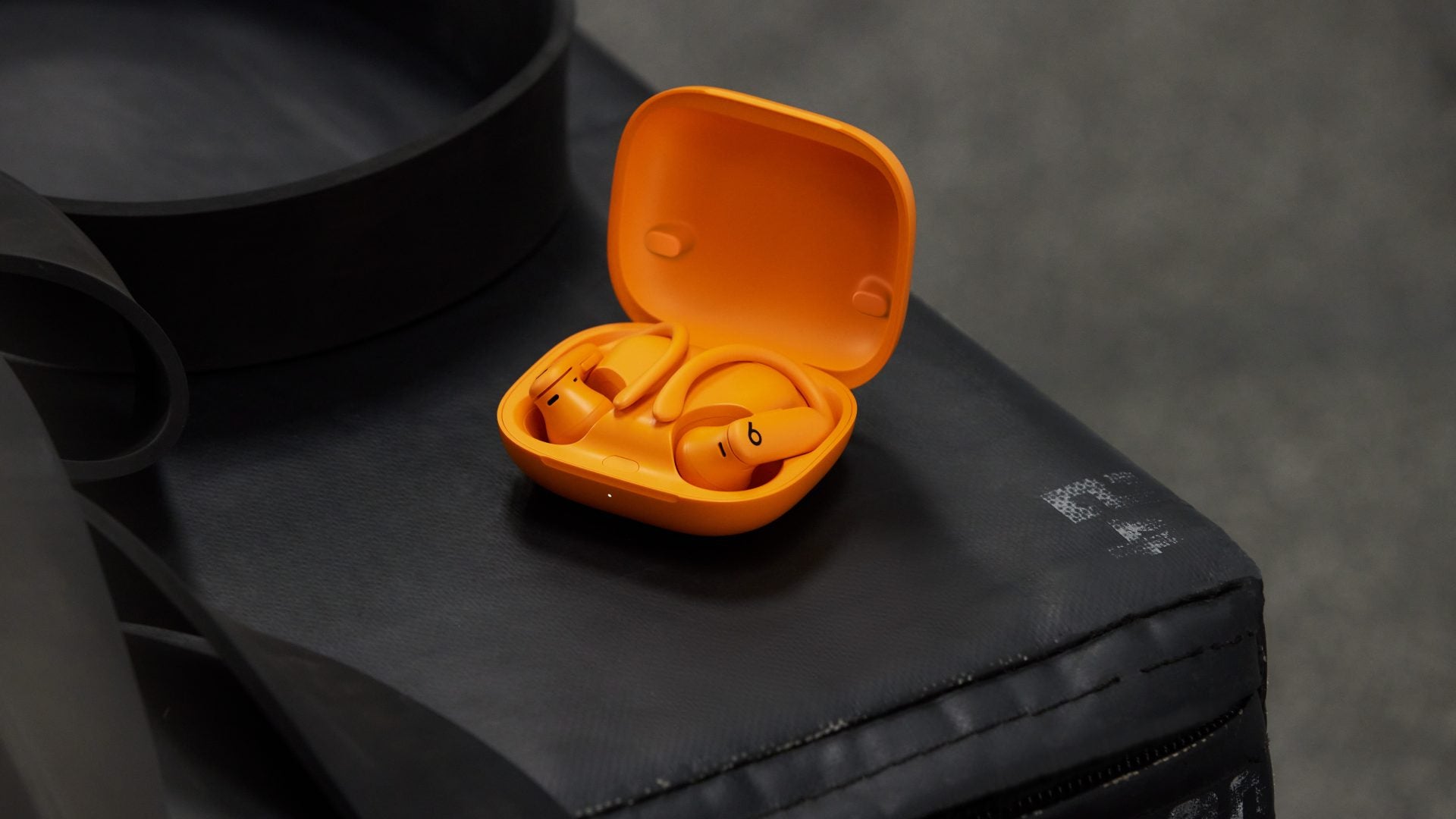
The story of the birth of jazz has finally made its way to the big screen. And for those of us who are not aware, Charles “Buddy” Bolden was a New Orleans native who fused blues, ragtime and gospel into what became jazz music at the turn of the century.
Now recognized throughout the world as one of America’s indigenous art forms, much has not been publicly known about the man considered to be the influential art form’s inventor. That was up until now. On Friday, Dan Pritzker’s immersive reimagining of the unsung hero’s life will be released in theaters, starring Gary Carr in the leading role.
The rising British stage and screen actor—who made headlines in 2014 for bringing some interracial romance to the popular PBS drama series Downton Abbey—is a revelation in his portrayal of the first King of The Coronet.
Carr had his work cut out for him since very little has been documented about Bolden. Up until recently, there were no recordings available of the revered bandleader’s genre-defining work.

“I didn’t know anything about [him] so that was really fascinating; something for me to learn as well, “ Carr told ESSENCE. “Especially because I found that it was really endearing that we were going to do a project about this guy whose legacy…not many people know about, but [he’s] responsible for such a huge thing.”
Carr said he was captivated by the project when his agent sent him the script and described it as “experimental.” Apparently one of the film’s producers saw him in a theater production and thought he’d be a good fit. After putting himself on tape for the part and seizing the role, it was straight to work. While Carr knew how to play piano and guitar, Bolden’s instrument of choice was a new learning experience for the actor.
“Soon after I was given the role, I went straight to ‘trumpet course,’ which basically consisted of a teacher coming to my house every day,” he revealed. “And we would play trumpet for hours actually every day for months before we started the film.”
I hope the film enriches his legacy as well and gives it the love and the light it deserves.
“I’m a music head. I love music. I love writing music and making music,” he added. “It was important—and the director made it clear to me—that I had to convince people I was playing the trumpet. That was really important in this role, which made sense to me.”
Another aspect of the mastering the musical majesty of Bolden came in the form of jazz legend Wynton Marsalis, who served as an executive producer of the film and was the guiding force behind its music, alongside other prominent jazz musicians such as Delfeayo Marsalis and Mondre Moffett, who was Carr’s “direct teacher.”
“Wynton obviously played everything on the film and so I was connected to Wynton every day in the sense that I was learning his music and his style and his performance every day for hours on end,” he explained.

On the cusp of stardom with his leading role in one of the most vital stories in music history, Carr said that although he’s a Black Brit he’s not shying away from taking on plum roles portraying major African-American historical figures.
It’s been a hot button issue in the Diaspora after many Black British actors such as Chiwetel Ejiofor (12 Years A Slave), David Oyelowo (Selma) and Cynthia Erivo (Harriet) nabbed the coveted roles of portraying African-American historical figures, including Solomon Northup, Dr. Martin Luther King, Jr. and Harriet Tubman, respectively. It caused many African-American actors, including Samuel L. Jackson, to call out this new Hollywood trend.
“Obviously we need to have a conversation, which hasn’t been discussed,” Carr said, noting he was shocked when he was made aware of the divide.
“As an actor, I feel like it is my job to explore different lives whether they were born on the shores of USA or the shores of West Africa, or the shores of the Caribbean, or Europe,” he continued about the controversy. “It’s my job as an actor to explore all these different characters and roles and stories and histories and truths.”
“It was just an eye opening moment for me, an education, something I had to learn,” he furthered. “But learning that in actual fact that we’re not viewed as the same Black. I think when you’re from Europe and other countries, you see Black as Black. But I realize in America, right, there’s African-American, there’s European Black and there’s African Black. That was an education to me, so I’m still learning the whole topic of other actors playing other parts.”







Carr hopes that Bolden will not only educate viewers, but will also change the way we look at jazz going forward.
“I’m hoping that…from now on when they listen to music, they could think of Buddy Bolden,” he said. “I think that after watching, people [will] remember Buddy Bolden and acknowledge him and attach his name to that, which is such a great thing for his legacy.”
“I hope the film enriches his legacy as well and gives it the love and the light it deserves,” he added.





